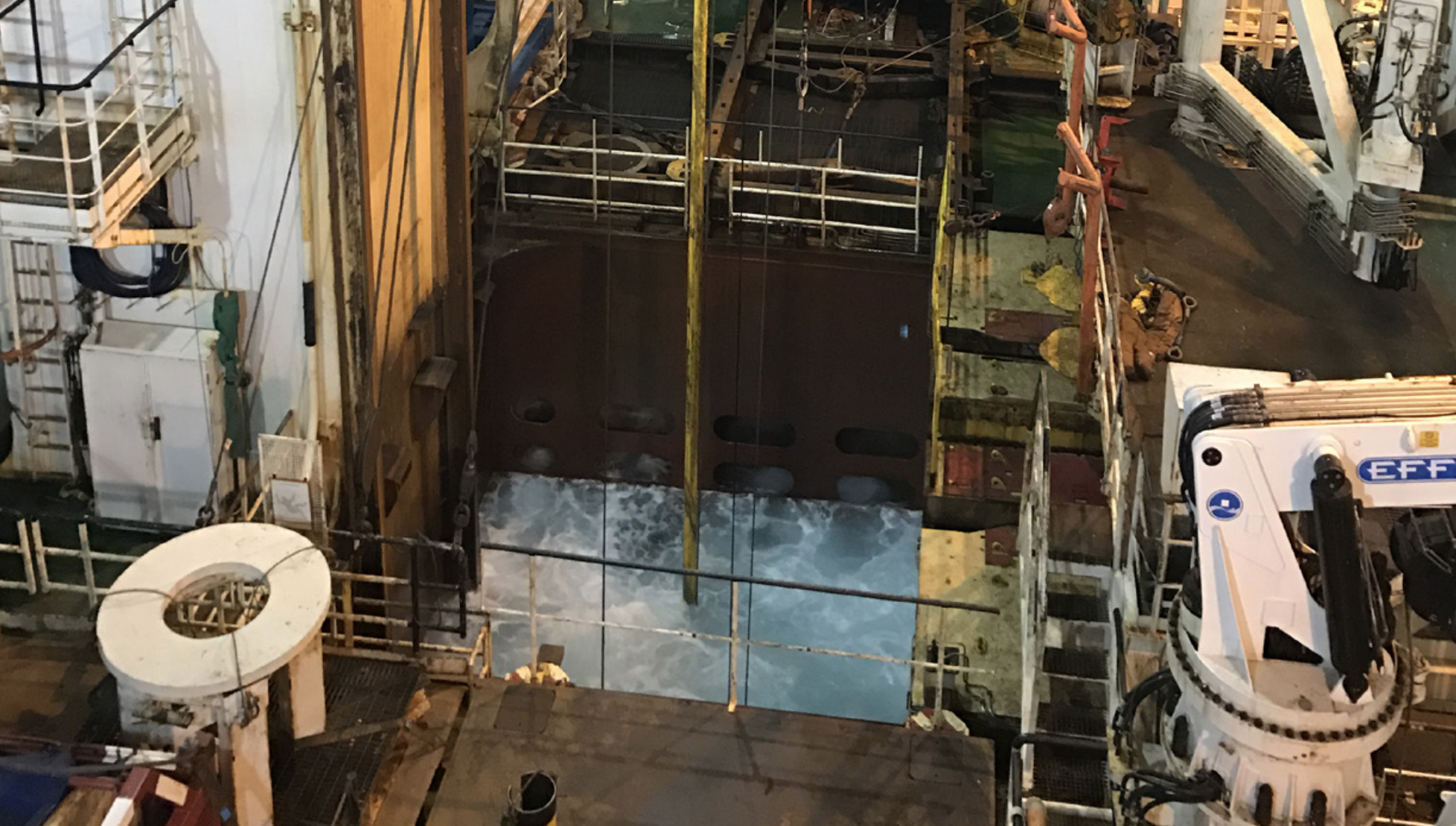Customer challenges
- Expro was contacted by a significant producer on a subsea field in the UK North Sea, who had a decline in production
- The subsurface team had a number of reasons for the decline in production of their well including eroded screens, collapsed screens, formation collapse and screen plugging. As the well had a downhole gauge, reservoir pressure decline could not be ruled out
- The most likely problem appeared to be screen plugging. The sand was very clean, but they experienced losses when drilling into the formation just below the reservoir sand. This was remedied by pumping LCM and the clean up before running the screens was also very basic. It was considered likely that some plugging material was remaining, and that this could plug the screens giving a production decline over time
- The sand screens needed to be cleaned, and this could be done by pumping a cleaning fluid across them to dissolve the residue that was blocking them. They wanted the production back quickly, but the normal method of using a semisubmersible drilling rig with coiled tubing to carry out this intervention work was going to take too long to mobilise. This resulted in a new approach
Expro Excellence
- Expro delivered a bespoke solution to the client’s problems by running the ¾” Coilhose from a Light Well Intervention Vessel. The 19,5mm OD CoilHose is capable of withstanding 50.000psi internal pressure and was used to place the cleaning fluid across the screens at a max depth of 9300 ft (2834mtr)
- A world first in utilising the CoilHose in a riserless operation from a LWIV, and also a record depth of 9300 ft, far exceeding the 2000 ft that was the max depth to that date
Value to client
- Intervention was performed at around 30% reduction of the standard cost
- Intervention performed from a vessel in January, which could have been a problem due to rough weather if utilising traditional methods of intervention



